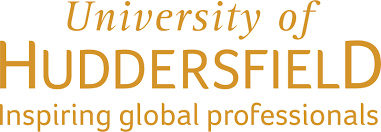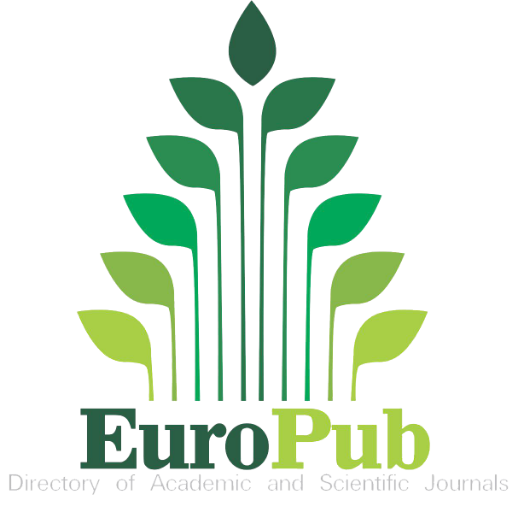Interrupting Flow: Researching Play, Performance and Immersion in Festival Scenes
Keywords:
festival performance, interaction, relational performance, research methodologyAbstract
This article explores some of the challenges of conducting research associated with play within the context of EDMCs, with particular reference to the complex social and spatial dynamics of popular music festivals. The essential premise is that clubbing can be conceived as a form of play and, as such, can offer access to the experience of flow. The article considers the epistemological complexities of the researcher's own immersion within the play event and adopts practice-based research methodologies developed in performance studies as a way of acknowledging and critiquing the significance of felt experiences and embodied knowledge. It considers the practical and ethical challenges of researching a phenomenon where intrusion is not only inconvenient and impractical but effectively collapses and destroys the very object of attention. The article introduces the concept of autoethnographic flow and argues that, whilst such immersion is often viewed with suspicion by other disciplines, it is particularly pertinent to EDMC scholarship as the research stance offered here intentionally embeds the researcher within the research context and uses this positioning as a key element of research design.
Downloads
Published
Issue
Section
License
Authors who publish with this journal agree to the following terms:- Authors retain copyright and grant the journal right of first publication with the work simultaneously licensed under a Creative Commons Attribution-Noncommercial-Share Alike License that allows others to share the work with an acknowledgement of the work's authorship and initial publication in this journal.
- Authors are able to enter into separate, additional contractual arrangements for the non-exclusive distribution of the journal's published version of the work (e.g. post it to an institutional repository or publish it in a book), with an acknowledgement of its initial publication in this journal. Such derivate works or subsequent publications must happen no less than one calendar year after the initial publication date in Dancecult.
- Authors are permitted and encouraged to post their work online (e.g. in institutional repositories or on their website) prior to and during the submission process, as it can lead to productive exchanges, as well as earlier and greater citation of published work (See The Effect of Open Access).






